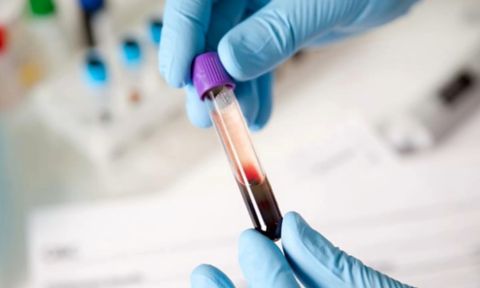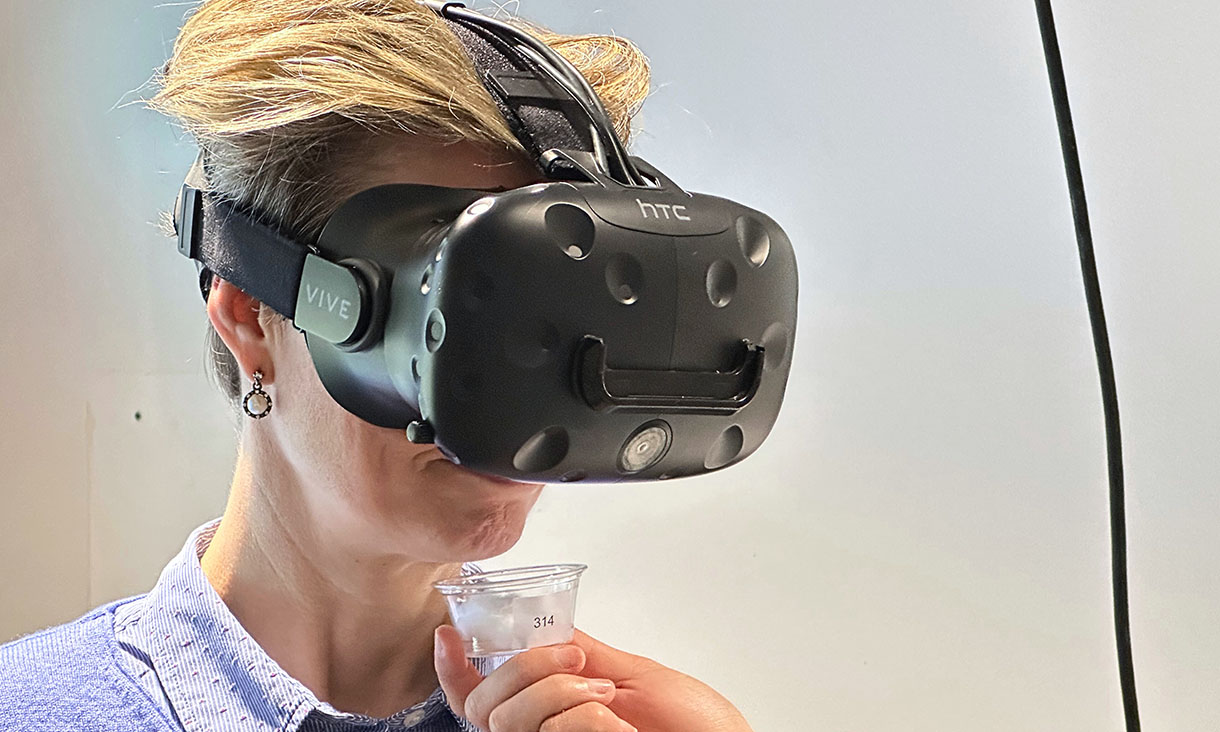Prosthetic leg donation program changes lives in Southeast Asia
A pioneering rehabilitation program has fitted more than 200 prosthetic legs and delivered 4,600 biomechanical therapy and counselling sessions in partnership with local programs across the region.
Blood test could make cancer treatments safer and more effective
Scientists from RMIT University and the Doherty Institute have developed a new blood test that could screen cancer patients to help make their treatment safer and more effective.
Confinement may affect how we smell and feel about food
New research from RMIT University found confined and isolating environments changed the way people smelled and responded emotionally to certain food aromas.
Low-carb, high-fat diets boost diabetes risk
A comprehensive study of 40,000 Australians over 17 years found low-carbohydrate, high-fat diets increased a person's chances of developing diabetes by 20%.







